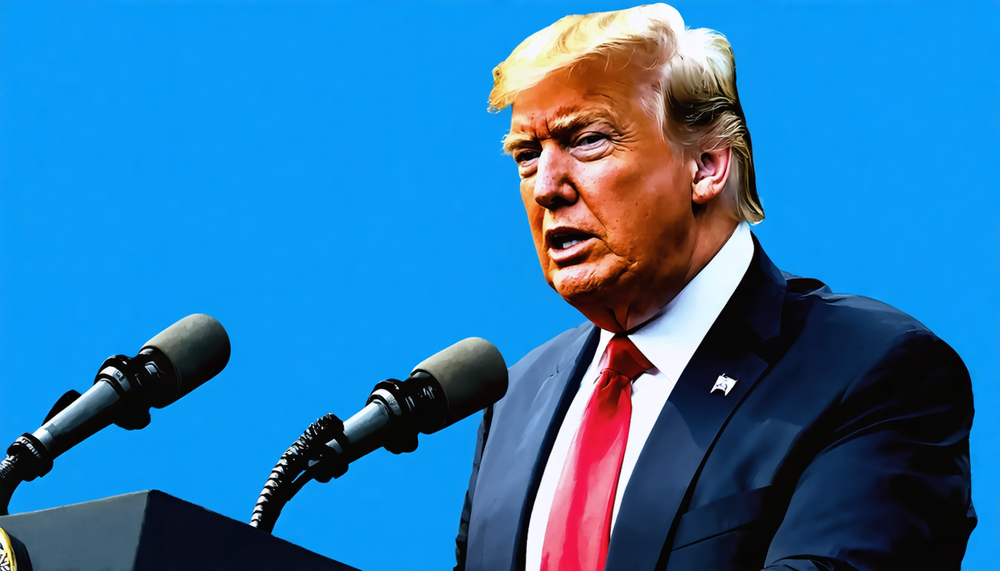A Bold Move on the Global Stage
In a dramatic shift of policy, former President Donald Trump has signed an order to withdraw the United States from the World Health Organization (WHO), a decision that has sent ripples through the global health community. This bold move raises important questions about the future of international collaboration and health policy. The decision reflects Trump’s ongoing criticism of the WHO, particularly amid the global turmoil caused by the COVID-19 pandemic.
Reasons Behind the Decision
Trump’s dissatisfaction with the World Health Organization is not new. Throughout his presidency, he has openly expressed concerns about the organization’s handling of international health crises and perceived bias towards certain nations. According to Hindustan Times, Trump’s administration argued that the WHO had failed to enact necessary reforms and had not adequately responded to the ongoing health challenges.
Implications for Global Health
The US has long been a major financial contributor to the WHO, playing a pivotal role in global health initiatives. The exit of the United States could have significant consequences on the organization’s operations and on funding for crucial health programs around the world. Many experts fear that without US involvement, the WHO may face challenges in maintaining its current level of influence and effectiveness in combating worldwide health issues.
Reactions from Around the World
This decision has sparked a wave of reactions from both domestic and international figures. Some support Trump’s stance, viewing it as a necessary step to hold the WHO accountable. Others, however, have voiced concerns over the wider impact this could have on global health and diplomacy. As stated in Hindustan Times, world leaders and health advocates emphasize the importance of unity and collaboration in tackling global health threats, arguing that the US departure may weaken efforts to manage pandemics and other critical health crises.
Looking Forward: The Path Ahead
With the signing of this order, the focus now turns to what the future holds for both the WHO and the United States. While Trump’s decision aligns with his broader agenda of prioritizing American interests, the upcoming administration will face the complex task of navigating this new landscape. The health of global populations and the extent to which nations will be able to cooperate in matters of health will be closely watched by both experts and citizens worldwide.
This pivotal move by Donald Trump to exit the World Health Organization is a defining moment in US foreign policy, marking a significant realignment in international health diplomacy. The world watches with bated breath, contemplating the long-term effects of this decision on the global fight against health challenges.



















